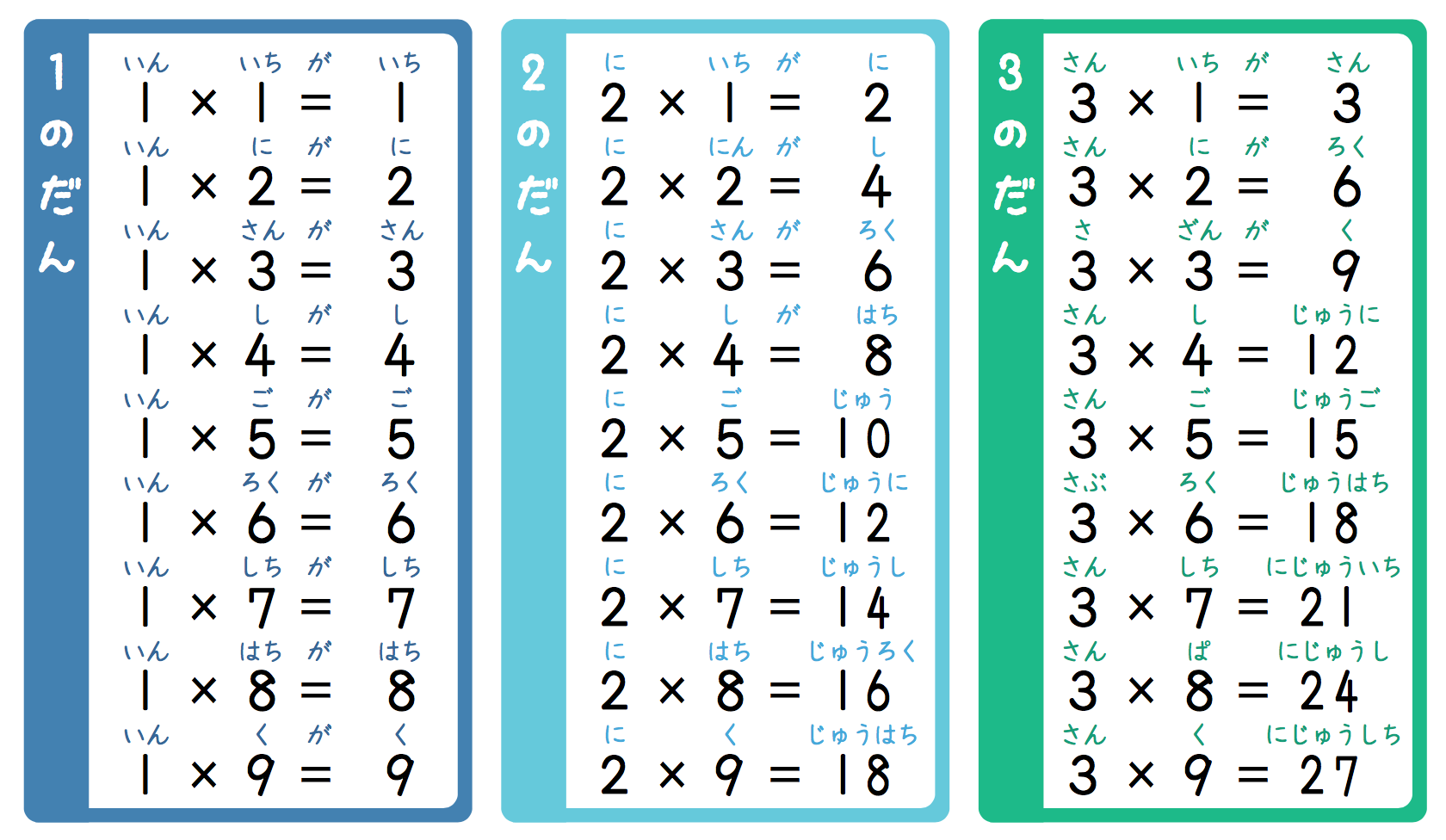Japanese grammar: The pattern 「〜上で」
The Japanese character 上 has a basic meaning of “up” or “above”, and is pronounced “ue” when written by itself. In Kanji compounds, it is often pronounced as “uwa” (上着, uwagi) or “jou” (上陸, jouriku). “上” does have some other usages, and this time I’d like to discuss the expression “〜上で”. This can be used to… Read More »
